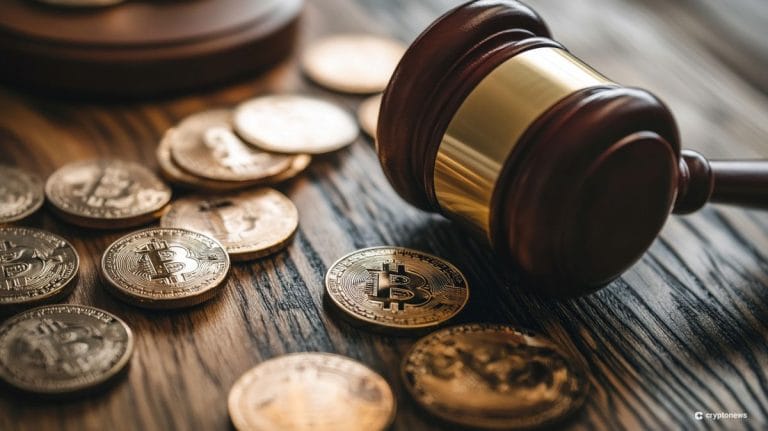
South Korea has scrapped a 14-year ban on local institutions investing in foreign currency-denominated bonds issued for domestic use, responding to mounting pressure from massive capital outflows and a surge in demand for dollar-backed stablecoins.
The move aims to boost foreign exchange liquidity and ease downward pressure on the won.
The Bank of Korea said Monday that banks, securities firms and insurers involved in foreign exchange operations can now freely invest in so-called kimchi bonds.
Ban Lifted to Stabilize Won, Boost Liquidity
These instruments, issued in South Korea but denominated in currencies like the US dollar, had been restricted since 2011 to curb short-term external liabilities and prevent regulatory loopholes.
Now, with South Koreans pouring nearly $42b into overseas stocks and stablecoins in the first quarter of 2025 alone, the government is adjusting course. The resulting strain on dollar reserves and growing FX imbalance have forced officials to rethink earlier controls.
“We expect the measure to help alleviate the imbalance in foreign exchange supply and demand by improving foreign currency liquidity and easing downward pressure on the Korean won,” a central bank official said.
South Korea Eyes Bond Revival to Boost Homegrown Capital
Authorities also hope that the change will revitalize the kimchi bond market and support capital formation domestically.
However, privately placed kimchi bonds will remain off-limits to prevent misuse of the system.
The easing is one piece of a broader reform push. These reforms aim to stabilize the foreign exchange market and support Seoul’s goal of becoming a regional financial hub. In recent months, authorities have loosened hedging limits, relaxed rules on foreign currency lending, and expanded a dollar swap line with the National Pension Service.
The shift reflects deeper changes taking place in the digital finance landscape. Earlier this month, the central bank paused its pilot project for a national digital currency, as stablecoins increasingly take center stage in South Korea’s financial strategy.
The delay signals caution, even as President Lee Jae-myung pushes to broaden access to stablecoin issuance.
Together, the revival of kimchi bonds and the rethinking of CBDC plans reflect a recalibrated approach, one aimed at keeping pace with fast-changing market forces while maintaining financial stability.






